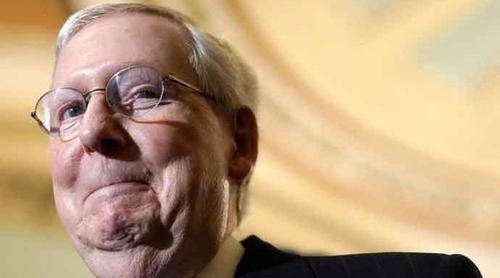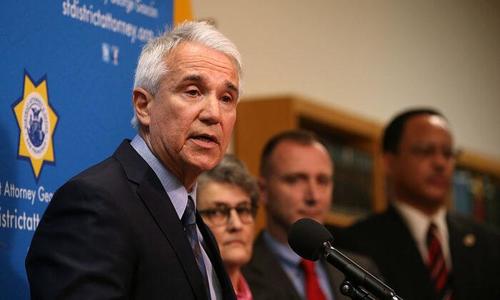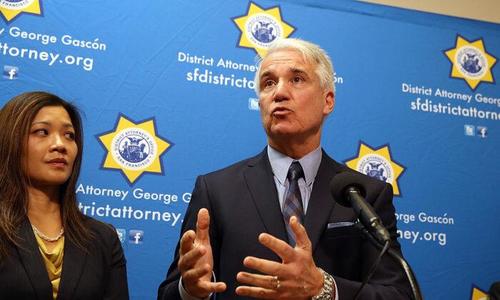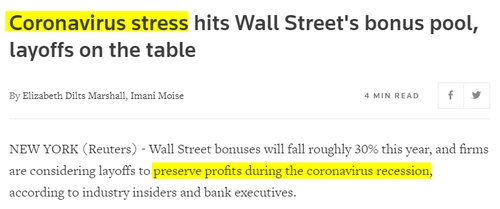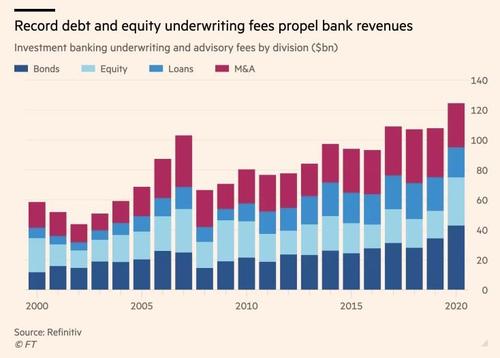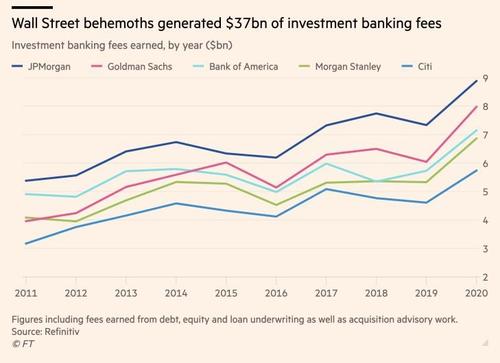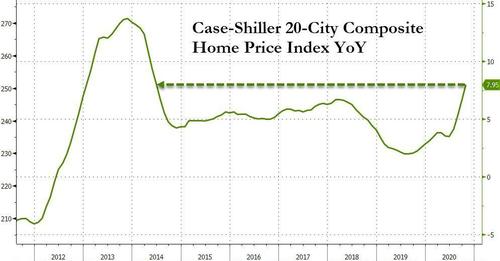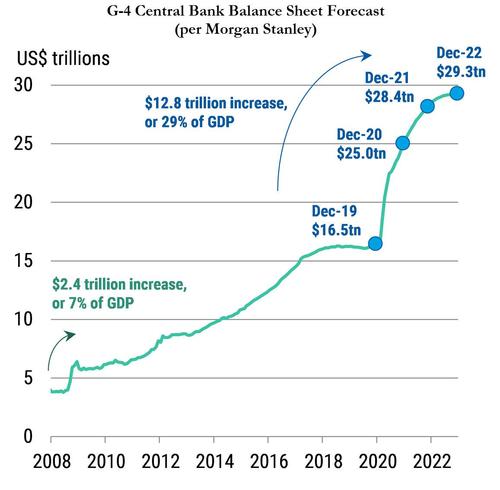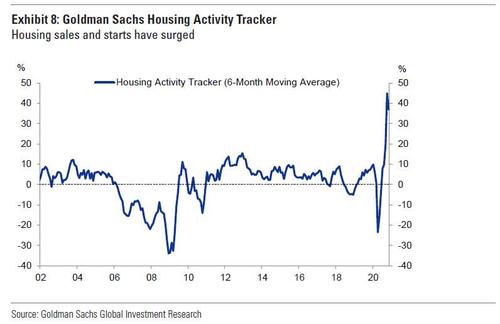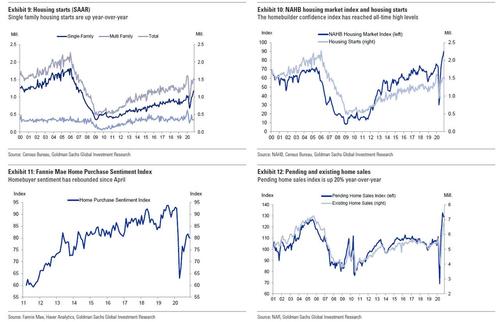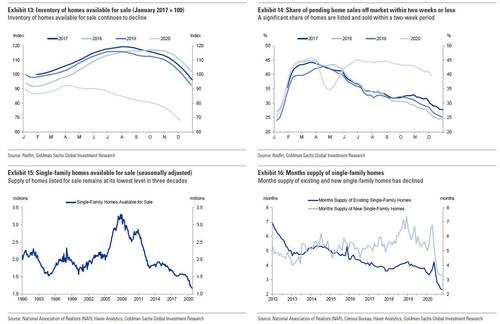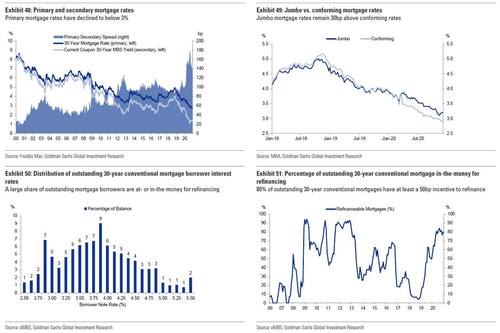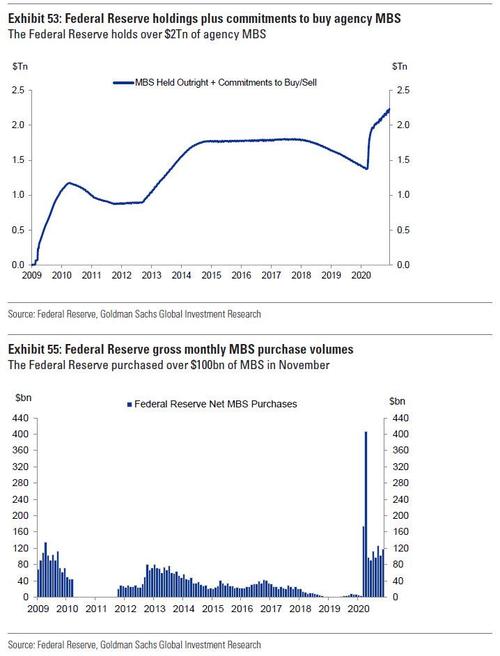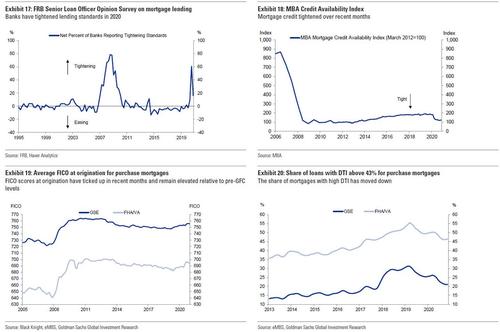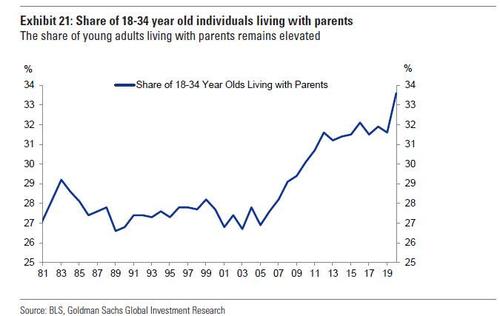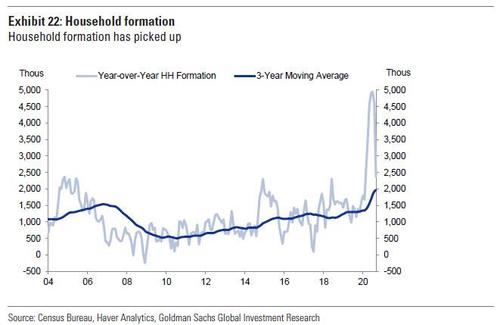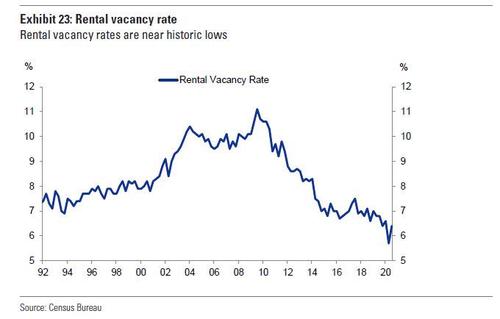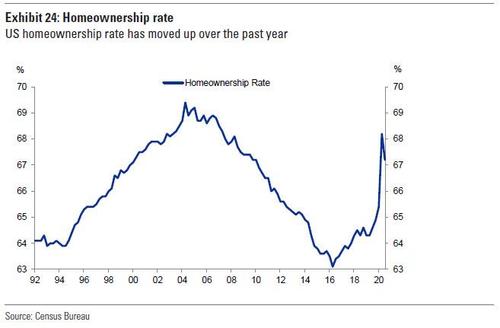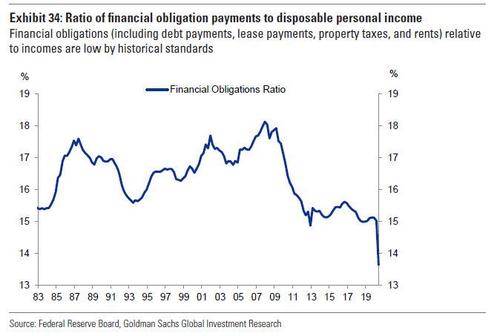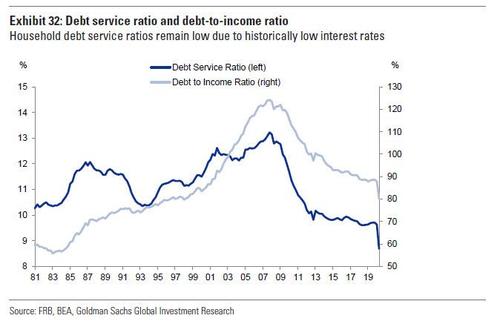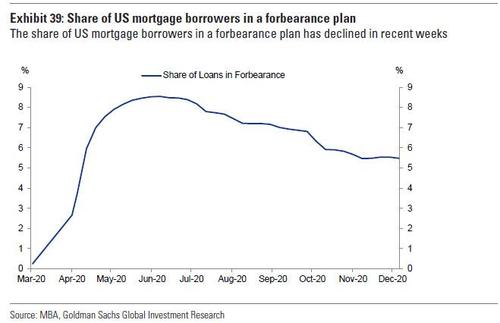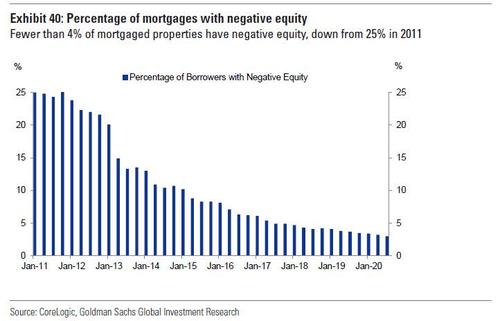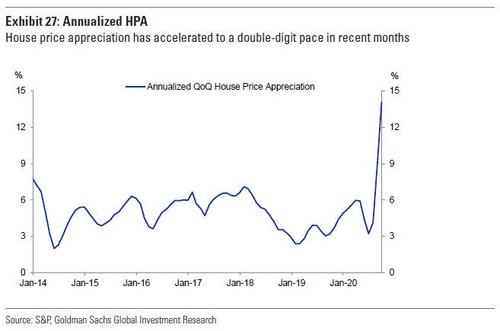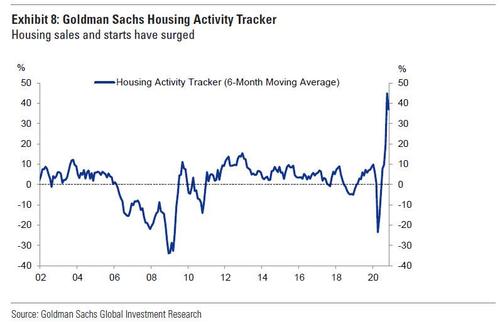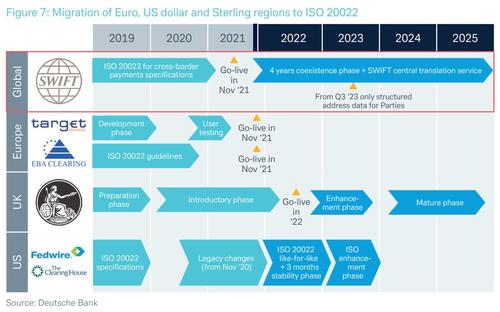Please enjoy the latest edition of Short Circuit, a weekly feature from the Institute for Justice.
New on the Bound By Oath podcast: inhumane jail conditions and the Supreme Court’s debunked justifications for qualified immunity.
- In an effort to improve price transparency in the healthcare sector, the Secretary of Health and Human Services has directed hospitals to post certain price information online. D.C. Circuit: These “factual and uncontroversial” compelled disclosures do not violate the First Amendment. The hospitals argue the information won’t actually be useful to consumers, but the Secretary found otherwise and we don’t require “evidentiary parsing” to uphold disclosure requirements.
- Tinker, Tailor, Soldier, Tweet? After a U.K. financier tweets that a D.C. resident is a “Russian intelligence asset” and “Russian GRU officer,” the alleged Russian spy sues the financier for defamation in federal court in D.C. D.C. Circuit: On the current record, we’re not sure if the U.K. financier’s contacts with the District are sufficient to subject the financier to the jurisdiction in D.C., so we’ll remand for some jurisdictional discovery.
- In 2013, the feds leased the Old Post Office building, which now houses a luxury hotel, to the Trump Organization. The lease explicitly prohibits any federal elected officials from benefiting from it, and, upon President Trump’s election, certain members of the House Oversight Committee seek records from the feds to determine how much the president is benefiting. D.C. Circuit: Federal law says the members are entitled to the documents; the feds have withheld them; that’s enough of an injury for standing. Dissent: Federal law says the legislature has been injured, not individual legislators. Allowing a handful of members of the minority party to harass the executive branch with information requests is sure to be ruinous.
- Following SCOTUS’s lead, the Second Circuit applies strict scrutiny to Governor Cuomo’s COVID-19 orders that single out religious gatherings for “especially harsh treatment” in New York.
- Plaintiff: The government, invoking an arms-control statute, says it might punish me for publishing certain publicly available information without a license. This violates the First Amendment! Second Circuit: First Amendment, Schmirst Amendment. The statute already says the government can’t do that, so you should all just go home.
- Naval officer goes to get his kids lunch money from a Newport News, Va. ATM. He’s shot to death in his car. Turns out his wife, who was set to get half a mil in death benefits and life-insurance proceeds, was having an affair (one of several secrets she kept). She and her paramour arranged for a friend to stage a robbery gone bad at the ATM. All three are convicted, and the triggerman is sentenced to death. The Fourth Circuit, with three judges and three opinions, sends the case down for an evidentiary hearing to determine whether the triggerman’s attorney was deficient in not investigating the man’s brain damage and potential mental illness.
- People arrested for criminal offenses in Dallas County, Tex. are taken for an initial hearing before a county magistrate judge, who considers whether to release the arrestee and sets bail from a discretionary schedule. Plaintiffs: Cash bail can only be required after an individualized finding that it is necessary despite someone’s inability to pay. Alas, the Fifth Circuit won’t go so far. After weaving its way through a procedural maze, the federal court enjoins the imposition of prescheduled bail amounts, requiring instead that a hearing be held within 48 hours of arrest to evaluate whether any bail amount need be paid or if another condition might suffice.
- Allegation: After third-grader commits suicide, his parents learn that Cincinnati, Ohio school officials downplayed, misled, and failed to inform them about numerous incidents where he was attacked by classmates. In an incident two days before his death, the boy was knocked unconscious by a classmate; officials told the boy’s parents he fainted. Sixth Circuit: The principal and assistant principal are not entitled to governmental immunity under Ohio law. The parents’ state law claims can proceed.
- In which the Seventh Circuit reminds Sidney Powell that Clash of the Titans did not end well for the Kraken (featuring the doctrine of “laches” in the role of Medusa’s severed head).
- Plaintiffs challenging denial of social security benefits must file suit within 60 days of receiving notice of the denial, which is presumed to have been received five days after it was mailed unless the plaintiff makes a “reasonable showing” that notice was late. Plaintiff: Here’s a signed declaration from me, my lawyer, and his secretary that none of us received notice. Gov’t: That’s not enough. Ninth Circuit: If that’s not enough, nothing would be. Case un-dismissed.
- The Ninth Circuit would like to congratulate Seila Law on its victory in the Supreme Court. They still have to respond to a civil investigative demand from the Consumer Financial Protection Bureau, but they can rest easy knowing that the person running the CFPB can be fired without cause.
- In 2019, the feds adopted new regulations concerning the treatment of accompanied and unaccompanied minors subject to immigration detention. Ninth Circuit: Some of the rules—including requiring the minors to request a bond hearing (instead of providing one unless they opt out), limiting the circumstances in which accompanied minors can be released, and holding families in facilities licensed by ICE rather than a state—run afoul of a 1997 consent decree and are enjoined.
- Attorneys for Stanislaus County, Calif. access juvenile records without a court order, which violates state law. But does it also violate the Constitution? Ninth Circuit: No need to say; the only case on point is too vague to clearly establish a right to privacy in the records. The county’s lawyers get qualified immunity. Judge Hunsaker, concurring: We should take this en banc to consider in earnest whether there is a right. (In the meantime, the case against the county itself proceeds in the district court.)
- Man pleads no contest, is sentenced to four years for, per the criminal information, “pushing and stricking (sic)” two Bethany, Okla. police officers. Can he sue those officers for excessive force? District court: No, not since he pleaded no contest to fighting them. Tenth Circuit: Case un-dismissed. The officers allegedly tased him and put him in a chokehold after he’d been subdued. That claim can go to discovery.
- Twitter personality—who famously handcuffed herself to Twitter’s offices after the company banned her account—sues Twitter, a Muslim civil rights group, and the group’s Florida chapter over the ban. Eleventh Circuit: Nope.
Can California stop kindly ladies from talking to the dying and their families about how to hold a (perfectly legal) funeral in a private home? A federal judge in California just said no, issuing a preliminary injunction protecting the free-speech rights of end-of-life doulas. The state funeral bureau cracked down last year on Full Circle of Living and Dying, a shoestring nonprofit run by retired grandmothers who teach families how to care for deceased loved ones themselves. The bureau forbade these grandmothers from teaching and giving advice because they are not state-licensed funeral directors. But the First Amendment doesn’t have an exception for occupational licensing, and so the doulas will go into 2021 to secure a final victory for themselves and everyone else who earns a living by speaking. Click here to read the order.
from Latest – Reason.com https://ift.tt/2JBCQRv
via IFTTT

